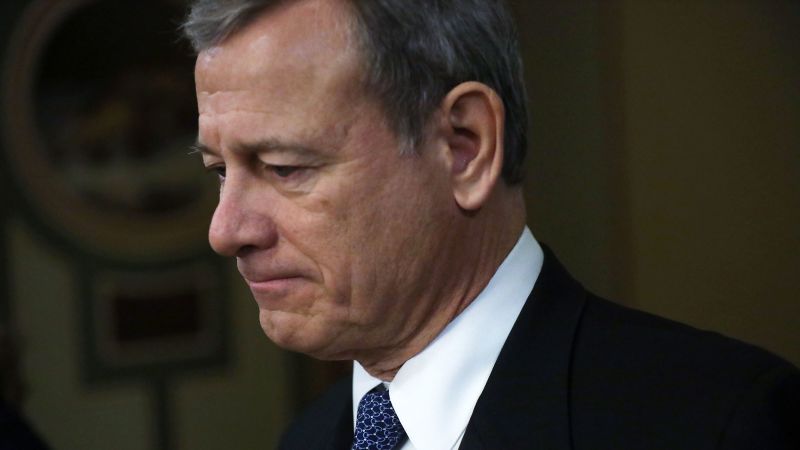CNN has obtained recordings of Supreme Court justices discussing their views on religious persecution, political polarization, and the state of the country. The recordings were made by liberal activist Lauren Windsor, who pretended to be a religious conservative in order to attend a dinner hosted by the Supreme Court Historical Society. The recordings shed light on the perspectives of Justice Samuel Alito and Chief Justice John Roberts.
According to CNN’s Joan Biskupic, Justice Alito has a history of demonstrating an “us-versus-them” attitude when it comes to religion and political matters. In the recordings, Alito’s wife, Martha-Ann, expresses resentment towards Pride flags being flown near their New Jersey beach house. This attitude of feeling persecuted and seeking revenge against detractors is a new development that is brought to light in the recordings.
Chief Justice Roberts, on the other hand, maintains a careful and measured demeanor in the recordings. He is heard discussing the historical context of political tumult and polarization, citing examples from the past such as the Civil Rights Movement and the Vietnam War. Roberts expresses a more optimistic view of the current political moment, suggesting that the current state of affairs is not as bad as previous eras in US history.
Roberts also addresses concerns about the court’s objectivity and the growing skepticism towards the institution. He emphasizes that while there have been quieter times during his tenure, the court has always been in the midst of tumultuous events. Despite the polarization and extreme views present in society today, Roberts believes that it is not as extraordinary as some may perceive it to be.
The recordings also reveal that the Supreme Court has been handling cases involving former President Donald Trump, including denying a request to remove him from Colorado’s primary ballot and rejecting an expedited review of his argument for super immunity from prosecution. The justices’ decisions may potentially delay Trump’s federal criminal trials until after the upcoming election.
Overall, the recordings provide insight into the perspectives of two key figures on the Supreme Court and their views on religion, politics, and the current state of the country. As the public continues to scrutinize the actions and decisions of the court, these recordings may further fuel debates about the objectivity and role of the judiciary in American democracy.











